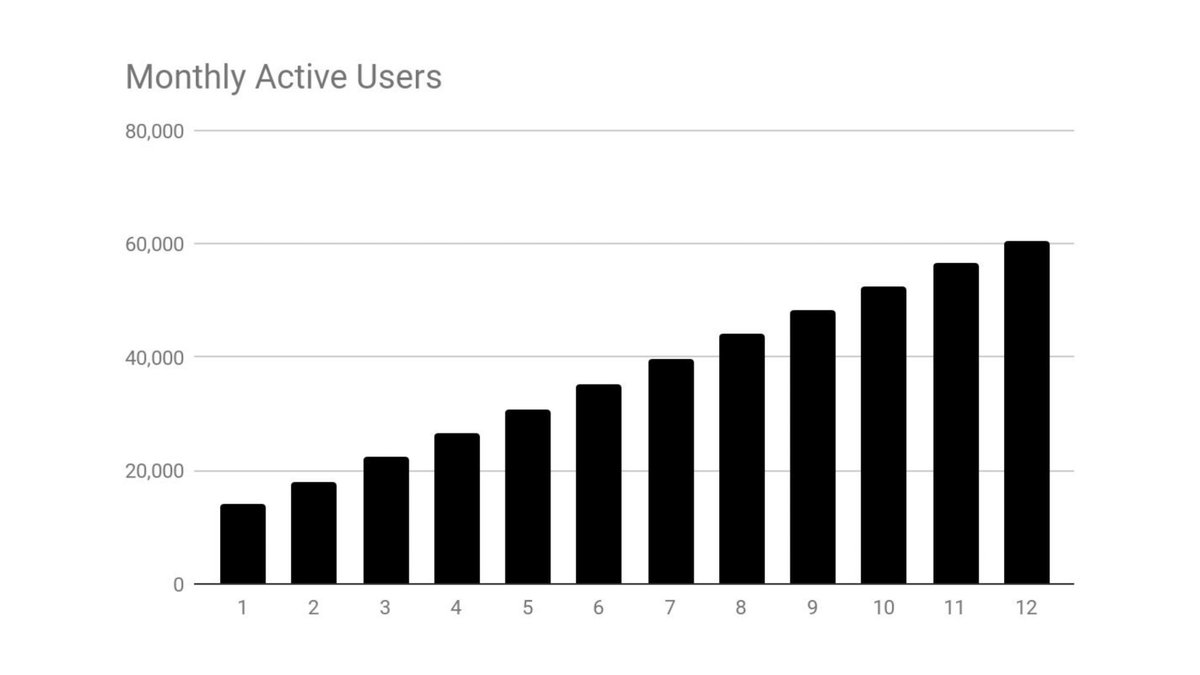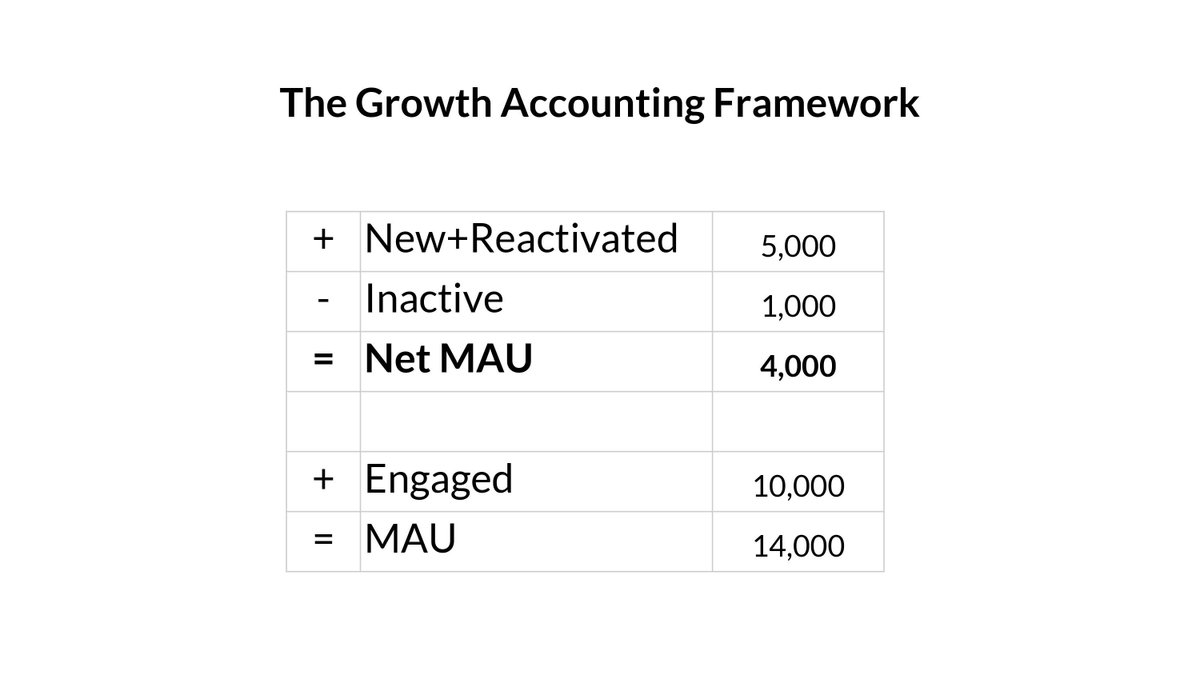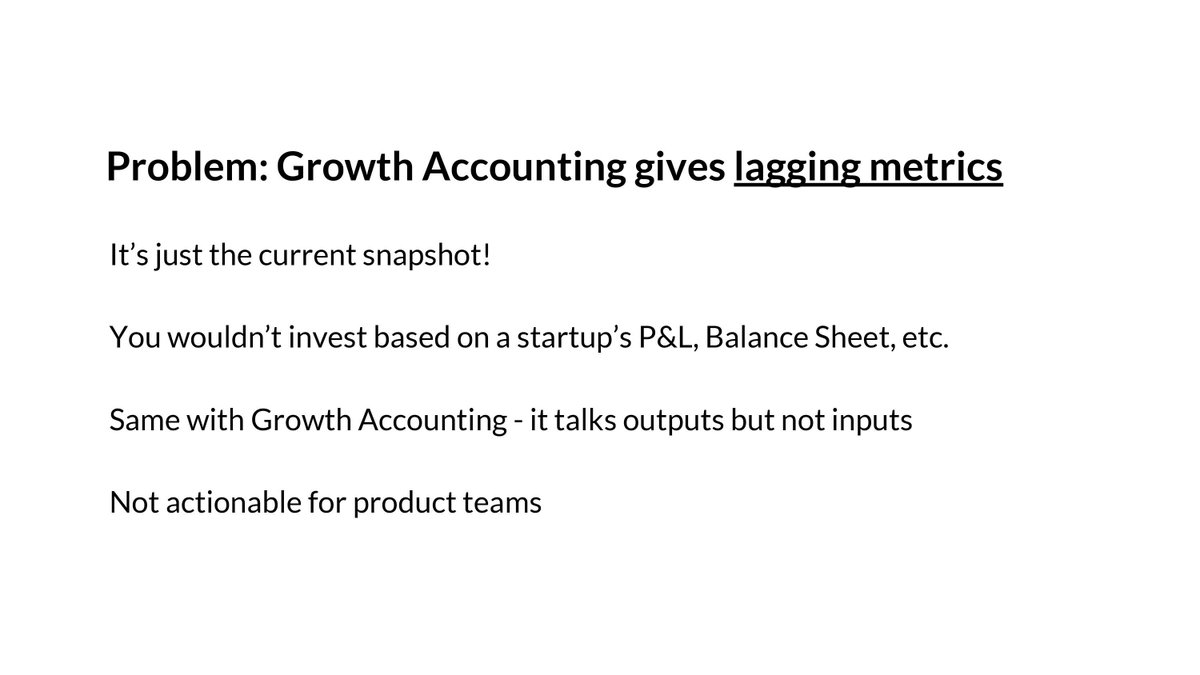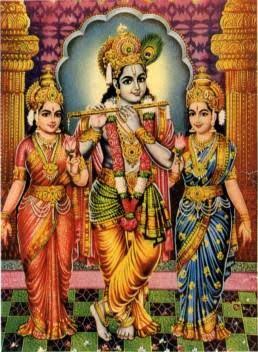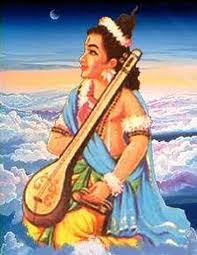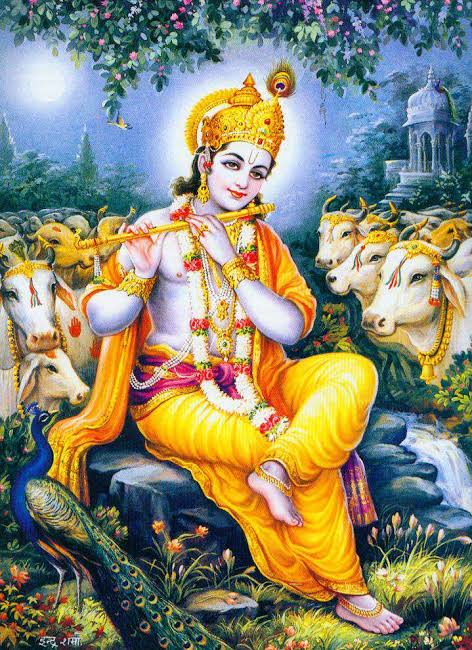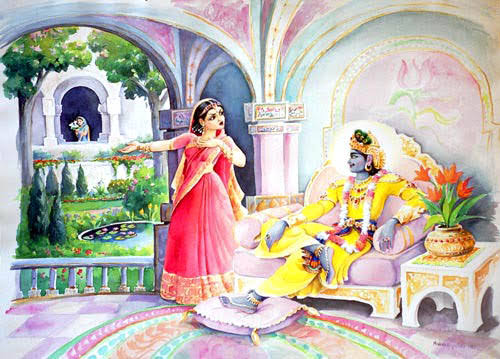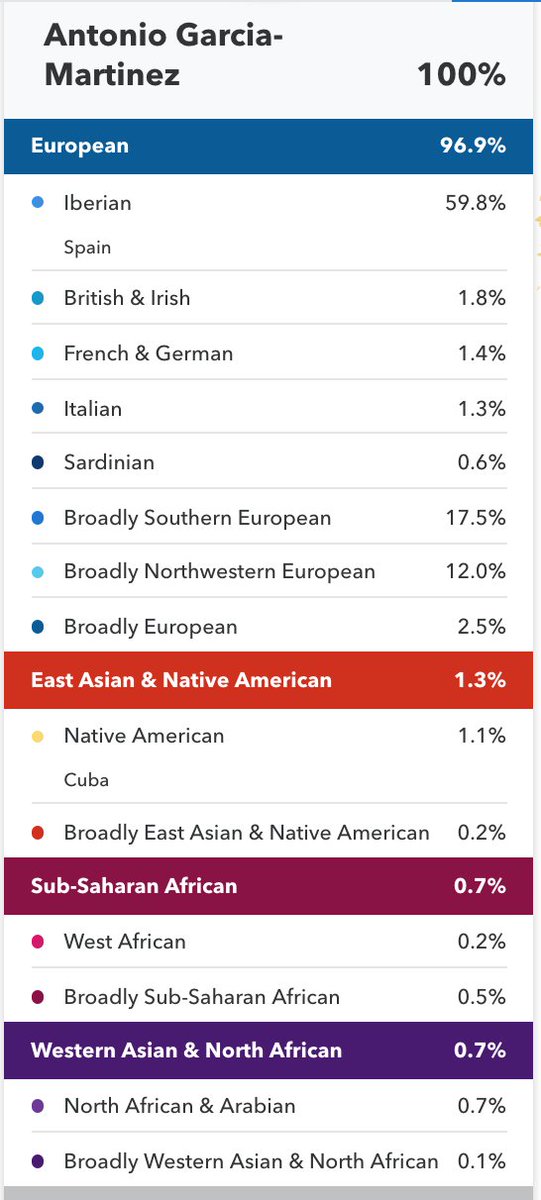Star Wars has a simple dichotomy between good and evil. But as the stories have evolved, the nuances between these distinct poles also has acquired a richness that is hard to dismiss.
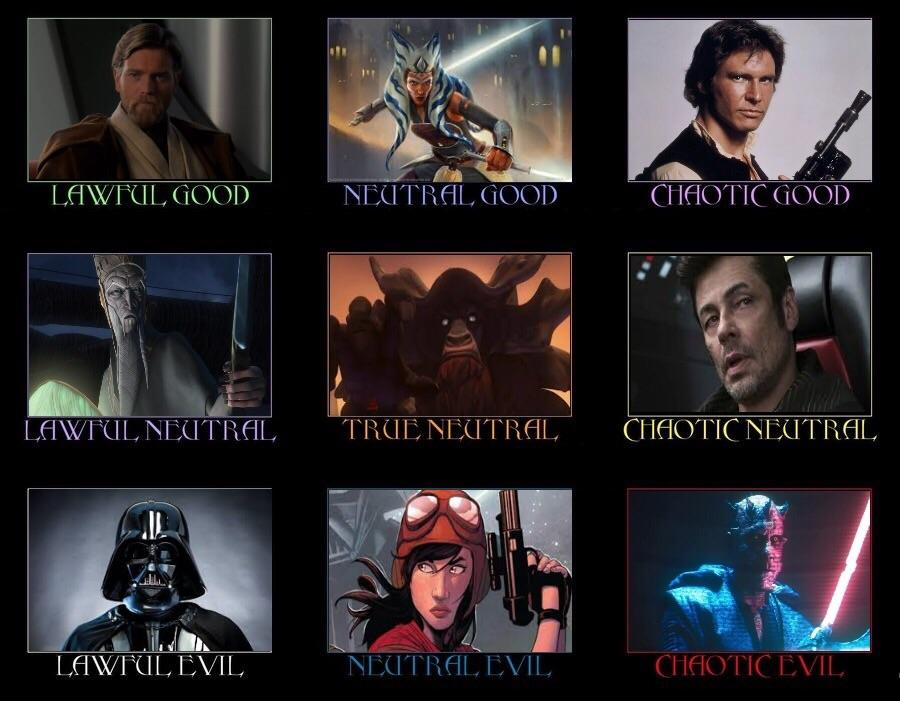
More from Carlos E. Perez
It's a very different perspective when we realize that our bodies consist of an entire ecology of bacteria and viruses that are also passed to our ancestors. Mammals rear their young and as a consequence transfer the microbiome and virome to their offspring.
What does it mean to treat our individuality as ecologies? We are all ecologies existing in other ecologies. Nature is constantly performing a balancing act across multiple scales of existence.
There are bacteria and viruses that are unique to your ancestry as that of your own DNA. They have lived in symbiosis with your ancestor and will do so for your descendants.
It is an empirical fact that the microbiome in our stomach can influence not only our own moods but also our metabolism and thus our weight and health.
It is also intriguing to know that brains evolved out of stomachs and that our stomachs contain hundreds of millions of neurons. Humans can literally think with their gut.
What is the nature of our (evolved) relationship with viruses? We are literally flooded by them. Welcome to the human virome, with harmful but also beneficial members. Great paper in @sciam "The Viruses Inside You" https://t.co/aWszsNq61d pic.twitter.com/eFsoxV4M9K
— Ricard Sol\xe9 (@ricard_sole) December 12, 2020
What does it mean to treat our individuality as ecologies? We are all ecologies existing in other ecologies. Nature is constantly performing a balancing act across multiple scales of existence.
There are bacteria and viruses that are unique to your ancestry as that of your own DNA. They have lived in symbiosis with your ancestor and will do so for your descendants.
It is an empirical fact that the microbiome in our stomach can influence not only our own moods but also our metabolism and thus our weight and health.
It is also intriguing to know that brains evolved out of stomachs and that our stomachs contain hundreds of millions of neurons. Humans can literally think with their gut.
Nice to discover Judea Pearl ask a fundamental question. What's an 'inductive bias'?
I crucial step on the road towards AGI is a richer vocabulary for reasoning about inductive biases.
explores the apparent impedance mismatch between inductive biases and causal reasoning. But isn't the logical thinking required for good causal reasoning also not an inductive bias?
An inductive bias is what C.S. Peirce would call a habit. It is a habit of reasoning. Logical thinking is like a Platonic solid of the many kinds of heuristics that are discovered.
The kind of black and white logic that is found in digital computers is critical to the emergence of today's information economy. This of course is not the same logic that drives the general intelligence that lives in the same economy.
Help! What precisely is "inductive bias"? Some ML researchers are in the opinion that the machine learning category of \u2018inductive biases\u2019 can allow us to build a causal understanding of the world. My Ladder of Causation says: "This is mathematically impossible". Who is right? 1/
— Judea Pearl (@yudapearl) February 14, 2021
I crucial step on the road towards AGI is a richer vocabulary for reasoning about inductive biases.
explores the apparent impedance mismatch between inductive biases and causal reasoning. But isn't the logical thinking required for good causal reasoning also not an inductive bias?
An inductive bias is what C.S. Peirce would call a habit. It is a habit of reasoning. Logical thinking is like a Platonic solid of the many kinds of heuristics that are discovered.
The kind of black and white logic that is found in digital computers is critical to the emergence of today's information economy. This of course is not the same logic that drives the general intelligence that lives in the same economy.
More from Movie
You May Also Like
Ivor Cummins has been wrong (or lying) almost entirely throughout this pandemic and got paid handsomly for it.
He has been wrong (or lying) so often that it will be nearly impossible for me to track every grift, lie, deceit, manipulation he has pulled. I will use...

... other sources who have been trying to shine on light on this grifter (as I have tried to do, time and again:
Example #1: "Still not seeing Sweden signal versus Denmark really"... There it was (Images attached).
19 to 80 is an over 300% difference.
Tweet: https://t.co/36FnYnsRT9

Example #2 - "Yes, I'm comparing the Noridcs / No, you cannot compare the Nordics."
I wonder why...
Tweets: https://t.co/XLfoX4rpck / https://t.co/vjE1ctLU5x

Example #3 - "I'm only looking at what makes the data fit in my favour" a.k.a moving the goalposts.
Tweets: https://t.co/vcDpTu3qyj / https://t.co/CA3N6hC2Lq

He has been wrong (or lying) so often that it will be nearly impossible for me to track every grift, lie, deceit, manipulation he has pulled. I will use...

... other sources who have been trying to shine on light on this grifter (as I have tried to do, time and again:
Ivor Cummins BE (Chem) is a former R&D Manager at HP (sourcre: https://t.co/Wbf5scf7gn), turned Content Creator/Podcast Host/YouTube personality. (Call it what you will.)
— Steve (@braidedmanga) November 17, 2020
Example #1: "Still not seeing Sweden signal versus Denmark really"... There it was (Images attached).
19 to 80 is an over 300% difference.
Tweet: https://t.co/36FnYnsRT9

Example #2 - "Yes, I'm comparing the Noridcs / No, you cannot compare the Nordics."
I wonder why...
Tweets: https://t.co/XLfoX4rpck / https://t.co/vjE1ctLU5x

Example #3 - "I'm only looking at what makes the data fit in my favour" a.k.a moving the goalposts.
Tweets: https://t.co/vcDpTu3qyj / https://t.co/CA3N6hC2Lq

















